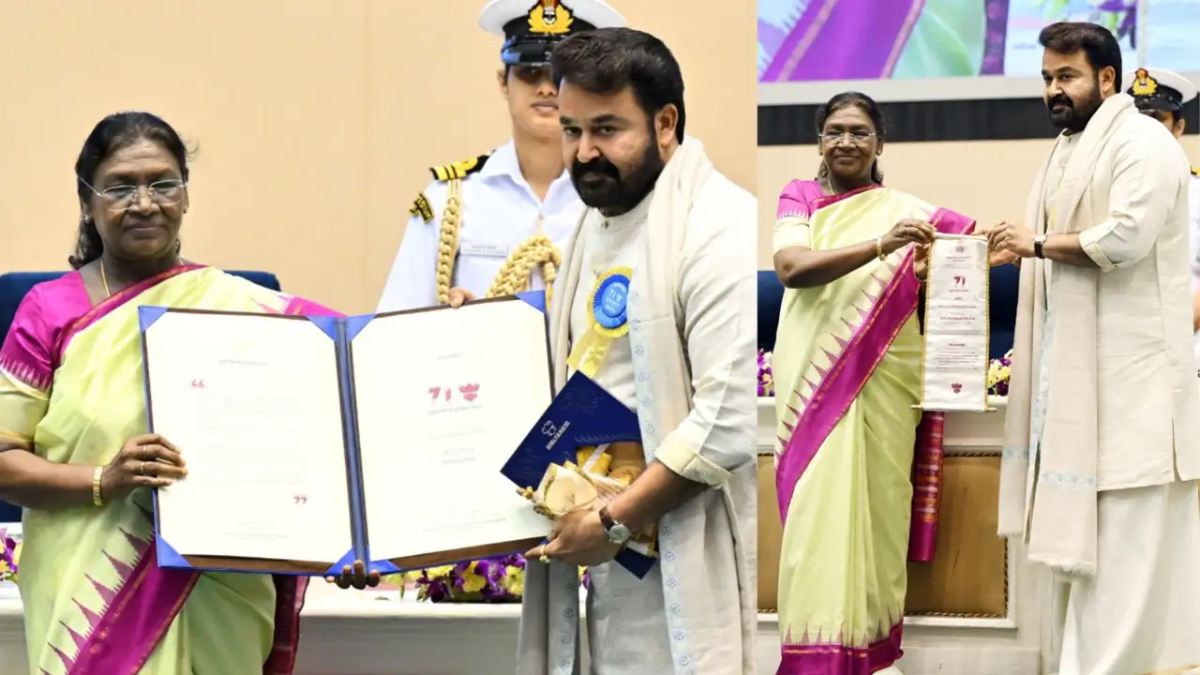Now Reading: Modi Government’s Trade Redlines Called Inconsistent and Irrational by Ashok Gulati
-
01
Modi Government’s Trade Redlines Called Inconsistent and Irrational by Ashok Gulati
Modi Government’s Trade Redlines Called Inconsistent and Irrational by Ashok Gulati

In a significant critique of India’s current trade policy, renowned agricultural economist Ashok Gulati has argued that the Modi government’s “redlines” in trade negotiations are not only inconsistent but also irrational and indefensible. Gulati, a Distinguished Professor at ICRIER and former Chairman of the Commission for Agricultural Costs and Prices, made these points in a recent interview, highlighting the need for a more pragmatic and consistent approach to international trade.
The core of Gulati’s argument revolves around India’s stance on key agricultural products, particularly its refusal to import certain goods based on a perceived “ideological” aversion rather than a scientific or economic rationale. The most prominent example he cites is the government’s firm redline against importing genetically modified (GM) corn and soya from countries like the United States, on the grounds that India does not import or cultivate GM food.
Gulati dismantled this position by pointing out the glaring contradictions in India’s existing policies. He noted that for over two decades, GM cotton has been widely cultivated in India, with its oil being used as cooking oil and its seeds as feed for poultry and cattle. Furthermore, he highlighted that India already imports cooking oil derived from American soya, which is almost entirely GM-based. This, he contends, makes the redline on GM corn and soya not just inconsistent, but a form of “hypocrisy.”
Another key point of contention for Gulati is India’s refusal to import American dairy products. He suggests that this stance is also flawed, as it fails to acknowledge that American dairy products made from cows fed on vegetarian feed are readily available. He proposes that India could easily negotiate to import these specific products, thereby demonstrating a willingness to engage in a mutually beneficial trade agreement without compromising on domestic sensitivities.
Gulati’s analysis extends beyond specific product categories to a broader critique of India’s tariff structure. He questions the logic behind the vastly different import duties on various agricultural goods, with some like edible oil and cotton having low or zero duties, while others like corn, soybean, and skimmed milk powder face high tariffs of 45-60%. He argues that this “unduly overprotective” stance is not serving the best interests of the country, as a significant portion of Indian agriculture is already competitive and capable of thriving in a more open market.
He cautions that maintaining such rigid and inconsistent redlines in trade negotiations, particularly with a major trading partner like the US, could have serious economic repercussions. Gulati warns that India risks jeopardizing billions of dollars in exports, particularly in a key sector like shrimp, if it remains inflexible. He stresses that trade is inherently a “give-and-take” relationship and that a strategic approach, rather than a rigid, ideological one, is necessary to unlock India’s full potential on the global stage.
In conclusion, Ashok Gulati’s insights call for a fundamental reassessment of India’s trade policy. He advocates for a move away from protectionist and inconsistent policies towards a more rational and predictable trade framework. His argument is that by scrapping these “irrational and indefensible” redlines, India can not only strengthen its position in global trade negotiations but also create a more efficient and competitive agricultural sector at home.










